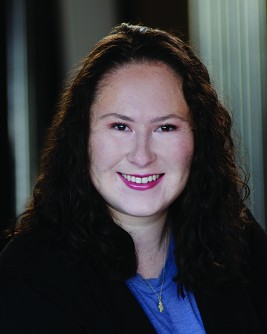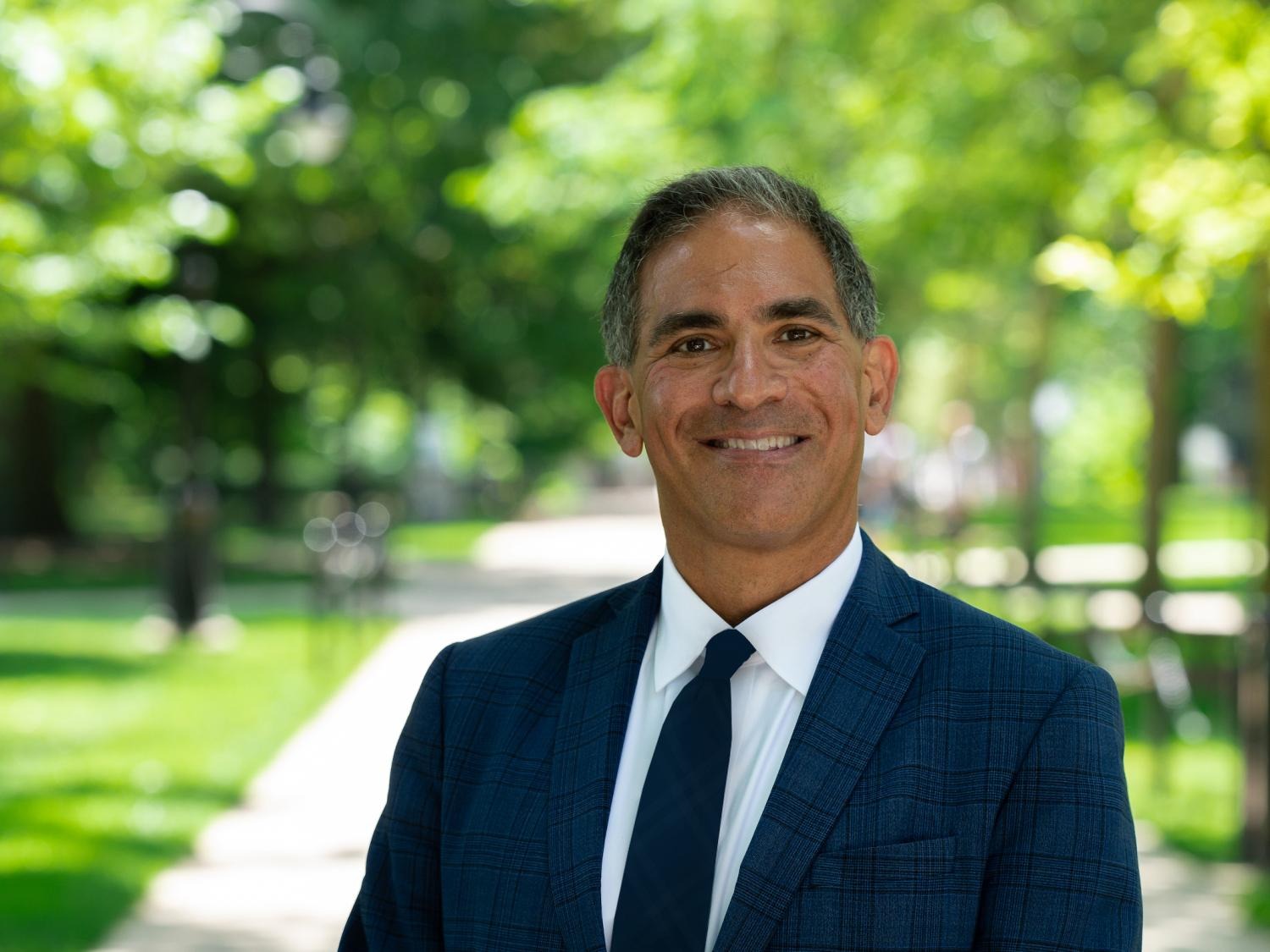

More terminally ill people in Colorado used legal prescription drugs to end their lives in 2018 than in the year before.
A new report from the Colorado Department of Public Health and Environment found the number of prescriptions for the medications — either the drug Seconal or a cocktail of several others — rose 74 percent compared with 2017. The state reported 125 people were prescribed medication to help end their lives last year. In 2017, that number was 72.
The law allowing terminally ill people to use such medication was passed by Colorado voters in 2016. The Colorado End-of-Life Options Act permits physicians to prescribe the drugs to patients with six months or less to live. The law requires the patient to self-administer the medication, and also allows doctors to opt out of providing the care. In all, 66 doctors prescribed the drugs to patients last year.
“The data from the CDPHE report reinforces that the law continues to work well and the option of medical aid in dying is becoming a part of end-of-life care discussions,” said Dr. Cory Carroll of Fort Collins, in a news release from end-of-life advocacy group Compassion and Choices. Carroll has prescribed end-of-life medication to five terminally ill patients. “I support my patients in their end-of-life decisions, and it is crucial that every qualified, terminally ill adult has meaningful access to this care option through their own medical team.”
A total of 23 Colorado pharmacists dispensed aid-in-dying medication last year.
Of those prescribed, 86 people filled their prescriptions. It is unclear how many actually used the drugs, but 104 people — of the 125 who were prescribed them — eventually died either from taking the end-of-life prescriptions or died from their terminal illnesses.
The majority of people who received the drugs had terminal cancer or degenerative neurological disorders.
The report found 64 percent of the patients that eventually died were in the Denver metro area, and 87 percent died at their homes, typically under hospice care.









